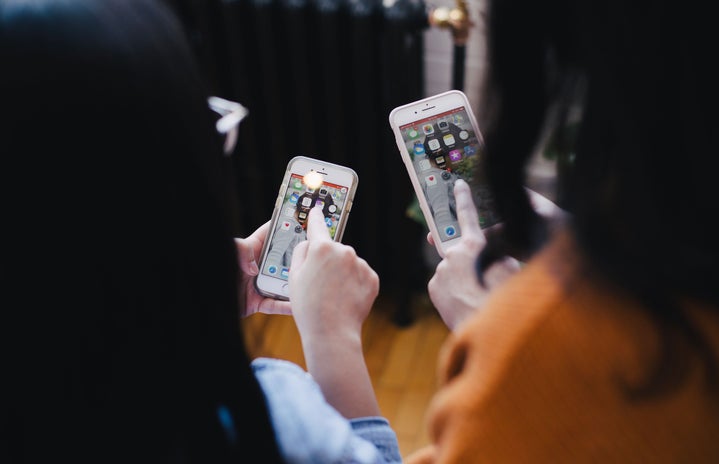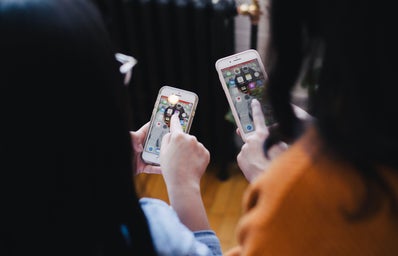Maybe you’ve heard of it, and maybe you haven’t. Quibi is one of the latest streaming entertainment apps. It was designed for mobile, vertical streaming for quick consumption on the go. Many are noting the irony of the app launching at a time where “on the go” moments have virtually disappeared, with much of the world stuck at home.
In theory, it sounds like a fantastic idea. Scrolling through Tik Tok or Snapchat shows for a few minutes at a time while you’re procrastinating, eating a quick lunch between classes, on the bus to work–– that is how a lot of us consume content (pre corona). Our attention spans are shrinking and we love to consume as much content in as little time as we can. The concept seems promising. But how does this app play out in real life?
Quibi raised 1.75 billion dollars in funding according to Variety and spent a lot of money securing well known names for original content– including Steven Spielberg. Quibi created advertisements to run during the Superbowl and Oscars- a pricery feat. So how well are they doing post launch?
In its original app store debut, it landed at number 4 of Apple app charts. Quibi announced that more than 2.7 million downloads were made. Variety also notes that app downloads don’t necessarily translate into active users.
Currently, two weeks out from its initial launch, Quibi stands at 67. Quibi has also announced that they will soon introduce the ability to stream to TV. But is it truly successful? From my own experience, I haven’t felt inclined to download the app nor have I felt encouraged to download it from what has been shared online. Kathryn VanArendonk wrote, “No matter how many episodes I watch of Chrissy’s Court, I still can’t quite get my arms around why watching Quibi feels like staring into the void.”
One reason you might not have heard about Quibi is the platform’s inability to share the content. The platform doesn’t allow screenshotting or the ability to send the snippets of content to your contacts. Similarly short content focused apps such as Tik Tok or Snapchat allow you to share easily. Whether you’re sharing it for good or bad reasons, it is still a way to spread the word. Quibi has failed to do that, explaining its lukewarm existence.
It has financial backing, A-list celebrities, and a great concept– but coupled with bad timing and inability to resonate, the future of Quibi seems questionable.


